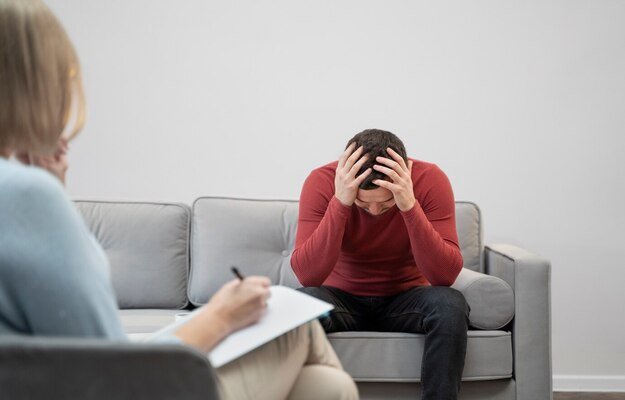STRESS COUNSELLING


Stress represents the body’s inherent reaction to any demand or challenge. While some stress can be motivating, chronic or excessive stress can negatively impact both physical and mental health. It may stem from work, relationships, financial pressure, health concerns, or other life events.
Psychowellness Center, a top mental health clinic in West Delhi, offers expert counseling and holistic therapies to help individuals manage and reduce stress effectively. Their experienced professionals work closely with clients to identify stressors, develop healthy coping mechanisms, and restore emotional well-being.
Addressing stress early is essential to prevent burnout, anxiety, depression, and other complications. With the right support, individuals can regain balance, resilience, and a sense of control over their lives.






